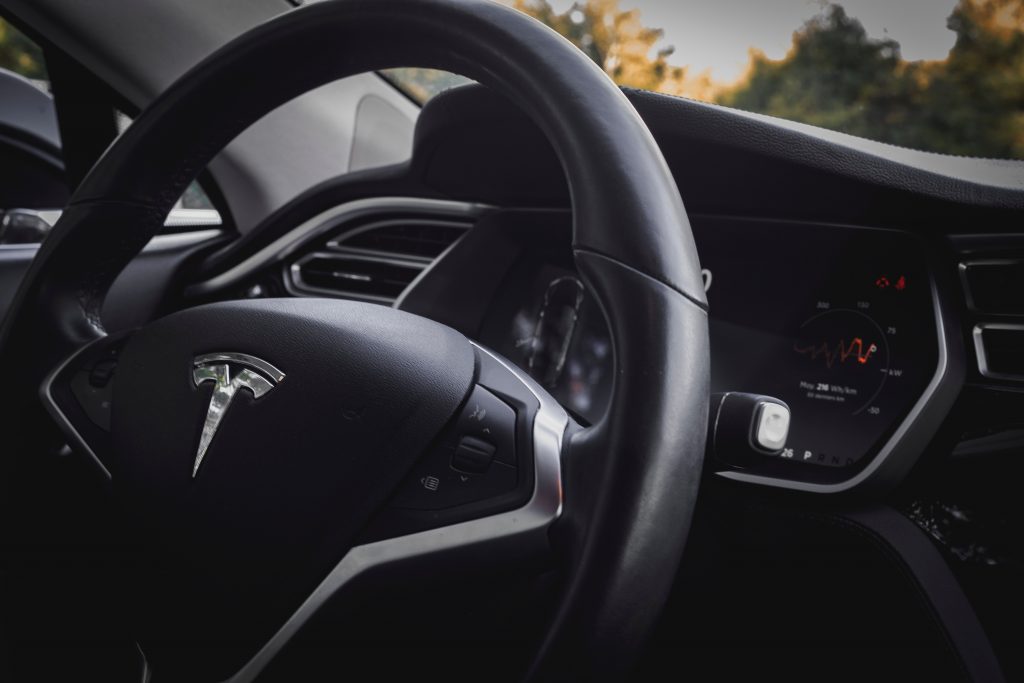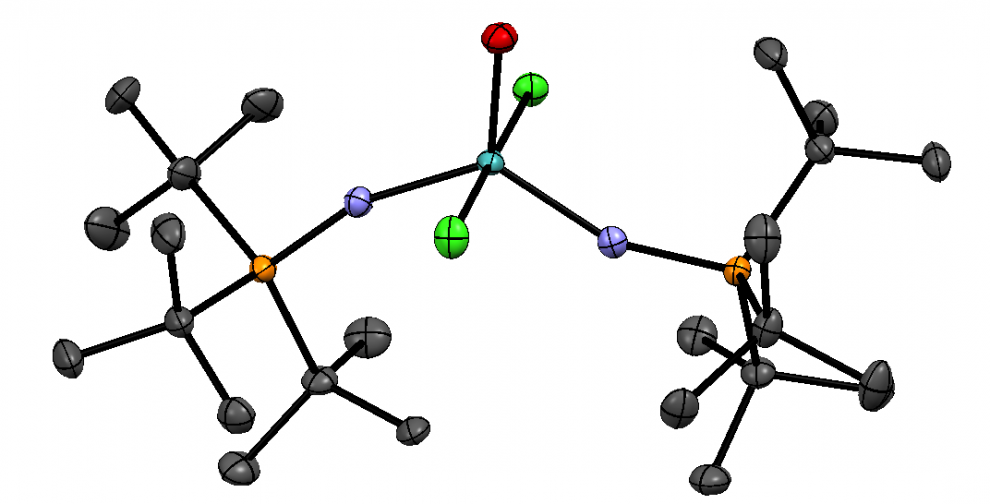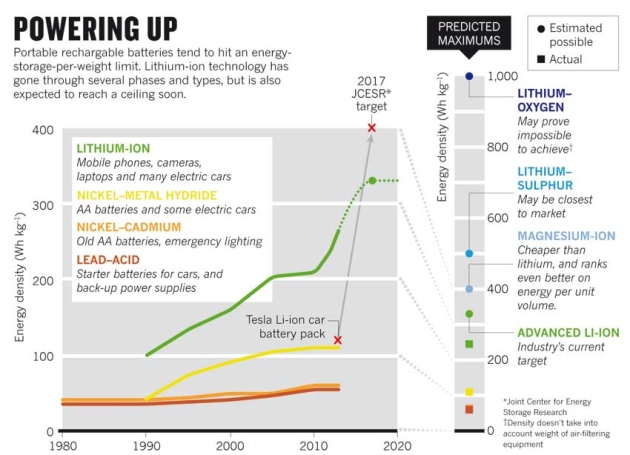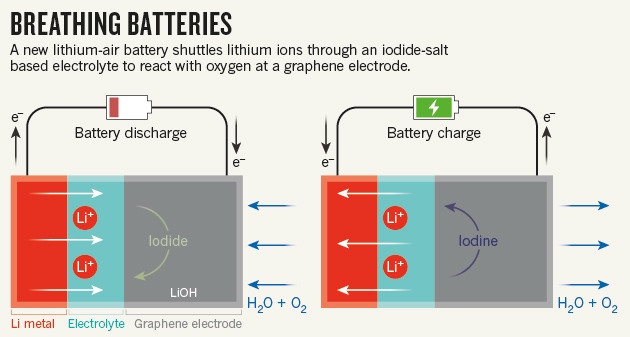In recent years, the car industry got a huge revolution for the blossoming of electric cars. More and more people put attention on electric cars for its quietness while running and amazing acceleration ability. Also, since electric cars are driven by electric motor, means no refuel on the gas station thus no direct CO2 emission, this environment-friendly property has been greatly spread by major media.
However, there are two major problems dragging the wide application of electric cars back. First, the cost of making the batteries for electric cars are extremely high. Winfried Wilcke, heads of IBM’s nanoscience and technology division got interviewed and said: “battery packs for electric cars cost more than $500 kWh−1“. While, in comparison, it is reported by The Union of Concerned Scientists, the cost of making electric cars are comparable to gasoline-powered cars if the cost for battery packs is between 125 and 150 kWh−1. Second, the range of electric cars from one charge is significantly smaller than gasoline cars. The range of electric cars is averaged at around 150mi while gasoline cars are around 400mi.

An electric car made by Tesla Photo by Jp Valery on Unsplash
For solving those problems mentioned above, research groups around the world are trying different solutions and developing new batteries. Magnesium-ion battery and Sodium-oxygen battery are two of the approaches scientists working on. The Magnesium-ion battery uses magnesium ion that can carry the double amount of electrons of lithium carries and it migrate in pairs. In total, magnesium ions can carry four times more charges that currently used lithium ions.
For the sodium-oxygen battery, it can only provide half of the range supported by lithium-oxygen battery but 5 times more than the lithium-ion battery. Also, sodium is cheaper than lithium, therefore the cost of making battery pack to provide the same amount of range can be cut down to as low as 1/5 as the lithium-ion battery.
As mentioned above, the lithium-oxygen battery has an amazing energy density to make the long-range electric car become reality, but as reported by a group in the University of Cambridge, the impurities in the air can clog the electrode of the lithium-oxygen battery and this damage the battery after few dozen charges. But researches are investigating the reasons behind it and finding solutions to solve it.



3 responses to “Battery for future electric cars”